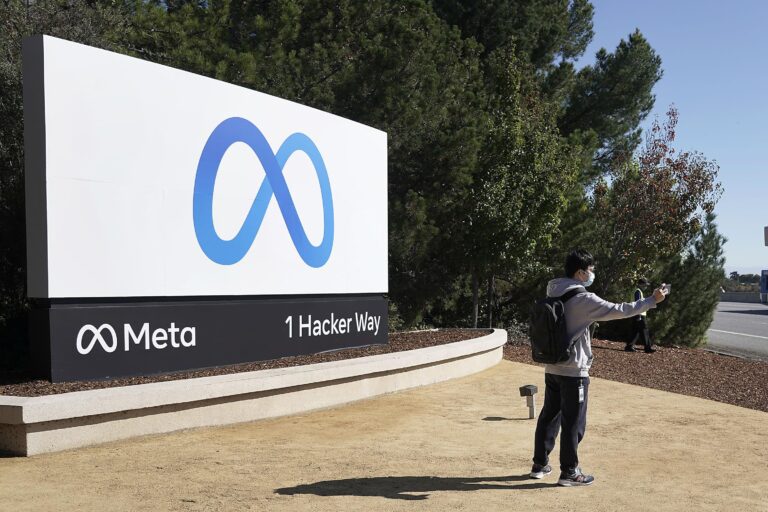Standard Essential Patents not at risk of value collapse.
- The ongoing fight between Google (Motorola) and Microsoft is at risk of setting a legal precedent that could collapse the value of standard essential patents (SEPs).
- This particular fight was started by Motorola which sued Microsoft for infringement of its MPEG4 (h.264) and WiFi SEPs in PCs.
- Microsoft counter-sued with a federal suit alleging that Motorola had failed to live up to its FRAND (see below) obligations when it came to licensing its SEPs.
- Because SEPs are always included within a standard, anyone who makes a product that uses that technology invariably infringes that IPR.
- To prevent patent holders exploiting the situation, IP that is included in a standard must be licenced on Fair, Reasonable And Non –Discriminatory terms (FRAND).
- Motorola was seeking a $22.50 from every mid-range laptop that makes use of its patents which with an ASP of $700, is a royalty rate of 3.2%.
- Microsoft pays a group of 29 companies just $0.02 per laptop to use their pool of 2,300 patents and so it is not difficult to see how Microsoft could make a case for a breach of FRAND.
- For the first time, the court attempted to determine an appropriate royalty, concluding that Microsoft should pay Motorola $1.8m per year rather than the $4bn Motorola had asked for.
- Motorola appealed this ruling and it is this appeal that goes before a court in San Francisco today.
- If the ruling is upheld it will set a very dangerous precedent for all future SEP negotiations as patents are almost impossible to value with royalty payments being almost entirely based on history and precedent.
- I suspect that the court’s method is deeply flawed in at least one way which is that it is very likely that the court has assumed that all SEPs within a standard are equal in terms of their importance.
- However, the reality is very different.
- Patents may look the same but the value of one patent can be hundreds of millions of dollars while an entire pool of similar patents can be virtually worthless.
- This fact is obvious when look at the patent pools or any association that licences groups of patents for a single fee which is then shares out.
- These are almost always made up of the weakest patents because the nature of any program dis-incentivises a holder of a strong patent from joining the pool.
- Qualcomm, Ericsson, Nokia and Motorola have never contributed their wireless SEP patents to a pool because they know their patents are strong and that they can earn higher returns on their own.
- Historically, the patent holders also manufactured the products meaning that everyone existed under cross licence (much lower royalty) creating a reasonably balanced status quo.
- However, with the rise of Apple, Samsung and the Chinese this is no longer the case and this is why there is huge pressure from manufacturers to reduce the cost of SEP licensing.
- Consequently, I think that SEP pricing will continue to fall over time but is unlikely to suffer a big collapse from this court case.
- This is because I think that the court’s method is fundamentally flawed and suspect that it will not be upheld on appeal meaning that the house of cards that is SEP pricing will stand to fight another day.









Blog Comments
Tim Nash
April 8, 2015 at 12:00 pm
‘Because SEPs are always included within a standard, anyone who makes a product that uses that technology invariably infringes that IPR.’
As was seen in the Apple-Samsung litigation, there are patents which are claimed to be SEP which a product conforming to the standard does not infringe – typically a product only needs to use about 30% of SEPs to be standard conforming. Currently there is an incentive, for companies involved in setting the standard, to throw weak relevant patents into the pot to reduce their own cross licence fees.
windsorr
April 9, 2015 at 11:12 am
Hi Tim. Yes that is the case. I over generalized a bit for sake of simplicity, The whole SEP think is a horrible mess that warrants a much longer investigation and report, One day!
Tatilsever
April 10, 2015 at 3:24 am
Motorola’s patents regarding MPEG4 and WiFi may be more valuable than most, but it is highly likely that there are uncountably many other patented ideas just as valuable that goes into laptop, especially from companies that actively work on making and selling products, which need to deal with problems big and small on a daily basis to get these gadgets work smoothly. That would eat up the cost of a whole laptop ASP pretty quickly just based on IP, leaving nothing for the actual hardware, transport, retail or marketing. When a company demands such “obviously too high” fee, I have no problem with courts presuming breach of FRAND.
The perceived value of SEP and non-SEP patents have taken a big hit by the puny settlements the titans of the smartphone industry were able to extract from each other in the last few years. The judgement of the courts may get colored by those developments.